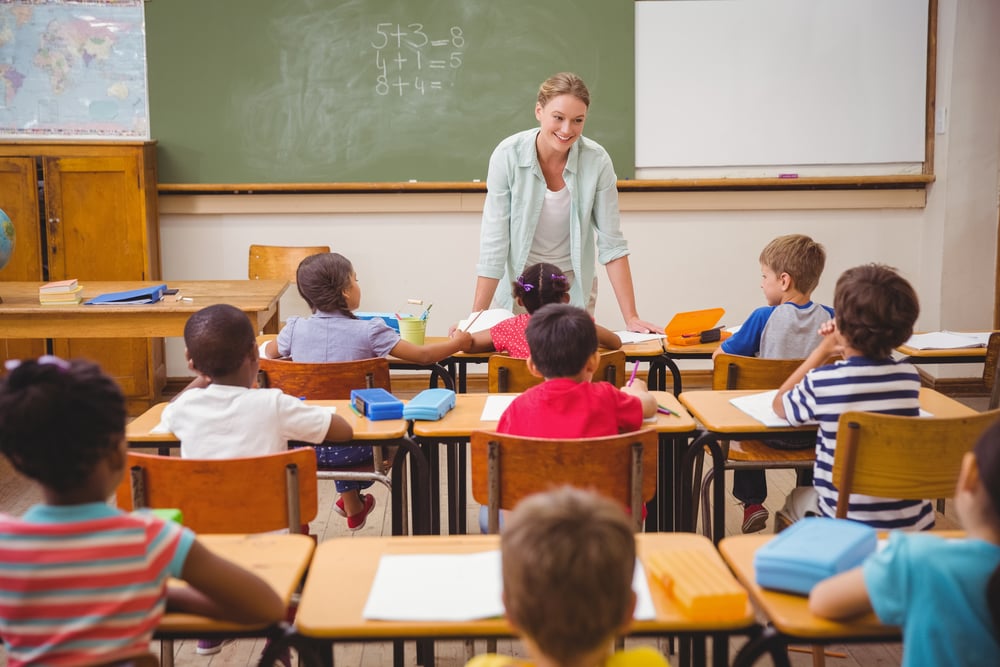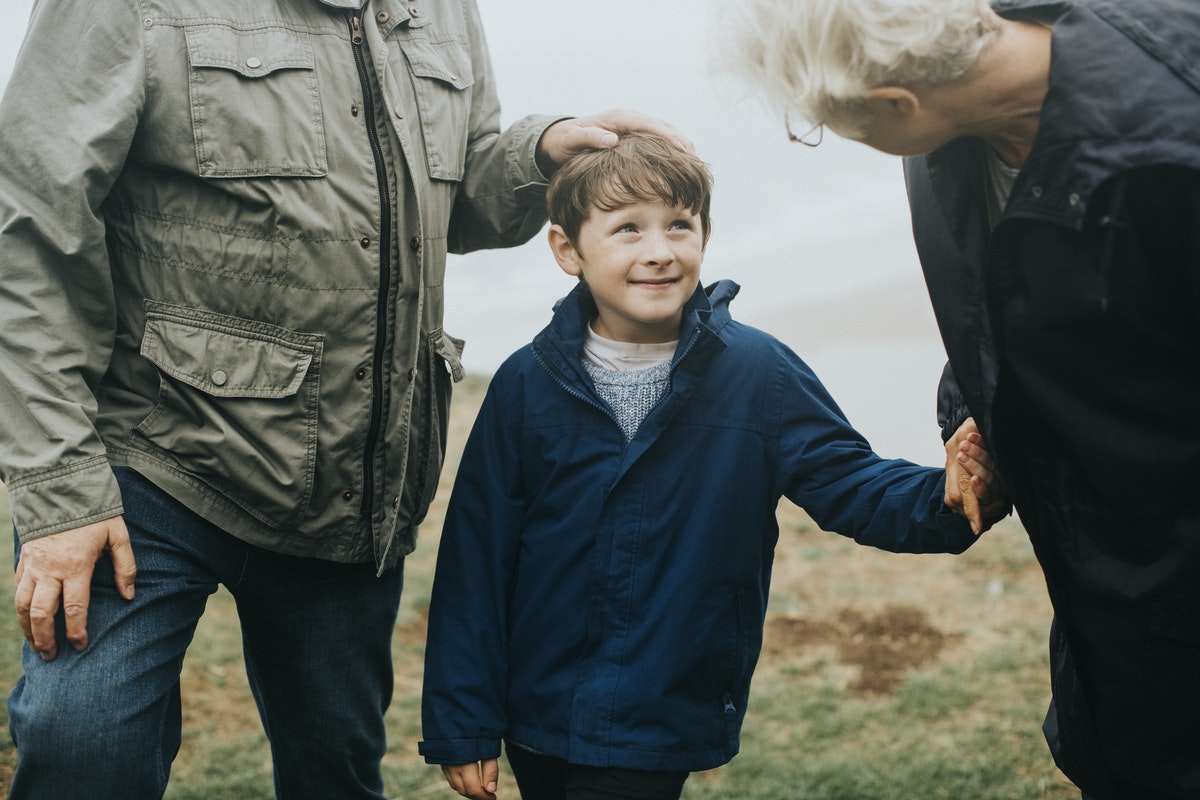The time has come for many parents around the country and globe to send their little ones back to school after what has been an unusual and uncertain few months for both adults and children alike.
School can be a stressful experience for children at the best of times. For many, it has become an even more daunting experience after a prolonged period away from the classroom as a result of extended lockdowns.
Below you’ll find some tips and useful resources to help reduce anxiety and support your children as they go back to school. Together we can support young people as they make this transition.
 Below you’ll find some tips and useful resources to help avoid any anxiety and support your children as they go back to school. Together we can support young people as they make this transition.
Below you’ll find some tips and useful resources to help avoid any anxiety and support your children as they go back to school. Together we can support young people as they make this transition.
See our top tips below, or download the full guide here.
1. Talk it out
Being open and encouraging your children to talk about their fears and concerns about returning to school is a great way to reassure both parties.
Engaging in mindfulness activities together, such as mindful drawing or colouring, or completing a short meditation together is a great way to set the tone for an open conversation.
Ask them to explain their drawings or talk you through their experience encouraging them to speak about their feelings and emotions.
Try open ended questions like:
- How did that make you feel?
- Why do you think it made you feel like that?
- What did you notice in your body?

2. Prepare, prepare, prepare and mindfully avoid rushing
Distanced learning has probably meant that new routines have been formed in your household, some of them probably better than others! With no commute to work or the daily school run, for some this may have meant a few extra snoozes on the alarm have been enjoyed, without the worry of having to iron school clothes or pack a lunch box.
Take some time to prepare yourself for the ‘new normal’ routine of busier mornings and the back to school rush. Introducing mindfulness to your child as they return to school is a great way for them to build awareness of themselves and their interactions with others in a curious and empathetic way.
Why not set up your morning routine with a meditation that can be done together or by doing something as simple as mindfully brushing your teeth?
![]()
3. Remain calm
As parents, carers and teachers, we have found ourselves in the midst of uncertainty during the global health crisis. As we resume our regular school routines, a swirl of mixed emotions is completely normal and to be expected. Some of us can’t wait to be back in the social field of a classroom, while others have relished the time at home and found it a welcome respite from the busyness of everyday life. Making a successful transition will be assisted by stepping forward mindfully and with poise.
Regular opportunities for mindfulness as a shared activity will bring benefit to both adults and children. Together with our children, we can gently remind ourselves to bring our full awareness to the present moment – which is always ready for us to attend to. The more present we are, the more capable we often feel - which can lead to a greater sense of calm and clarity.
A good time to do this is when you sit down for dinner together. Try asking the kids to name three things that went well that day at school.
![]()
4. Take some time for yourself
Our children observe us closely and take their cues from us, especially in times of uncertainty. Now is the time for us to model stability and assuredness and re-establish routines. Children can sense when their parent or caregiver is feeling anxious or stressed and this can cause them to take on some of the same emotions.
In order to reduce your own sense of overwhelm, make sure you take a few minutes a day for yourself. Whether that be a brisk walk, enjoying your morning coffee or even taking time to sit and practise a meditation. The more content you feel, the more content your children likely feel. This will help enable for a smoother transition back to school.
Other activities like talking with friends or exercising are other ways you can support your own mental health.
![]()
5. Early nights all round
Getting a good night sleep is crucial for emotional, social and all-round wellbeing, and not just for your little ones.
A regular meditation practice can be very useful as a proactive tool but exercise, diet and sleep are equally important. A regular sleep pattern is crucial for a happy and healthy mind and the Smiling Mind sleep program can help establish that routine to make sure everyone is getting the hours they need.
An earlier night and established bedtime routine will help your little ones to settle back into the day to day life of the school routine and hopefully help you sleep at a little bit easier, too.
![]()
We hope these tips will allow for a smooth transition back into everyday school life. Remember, everyone is doing their best and little, mindful changes every day can go a long way with re-adjusting your whole household into a new daily routine.
Make sure to download Smiling Mind’s free Step Back to School guide. This useful tool is taken from our Care Packs and will be useful for anyone returning their little ones to school over the next few weeks.
.jpg)









.jpg)



